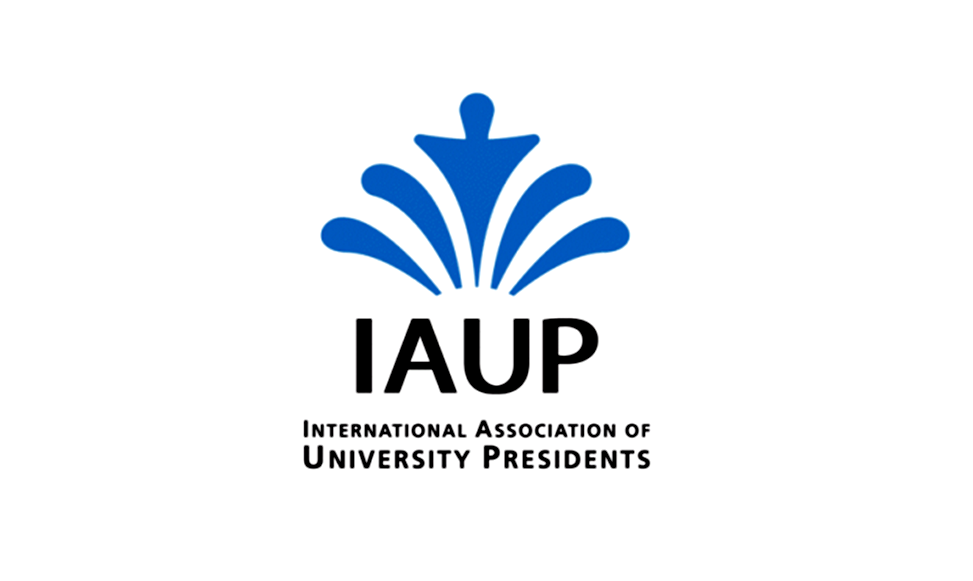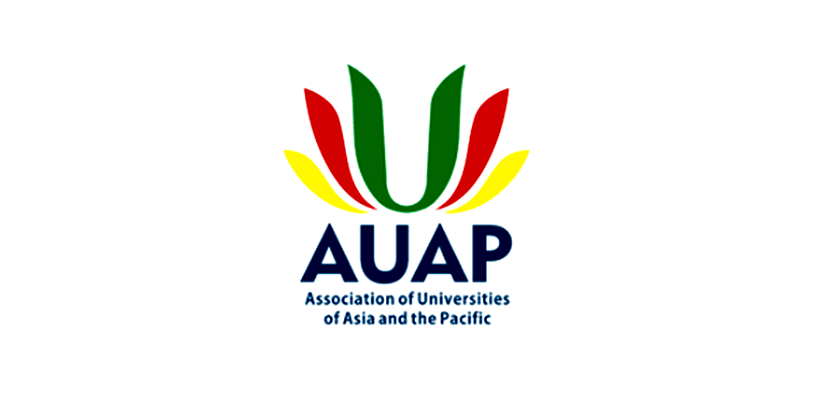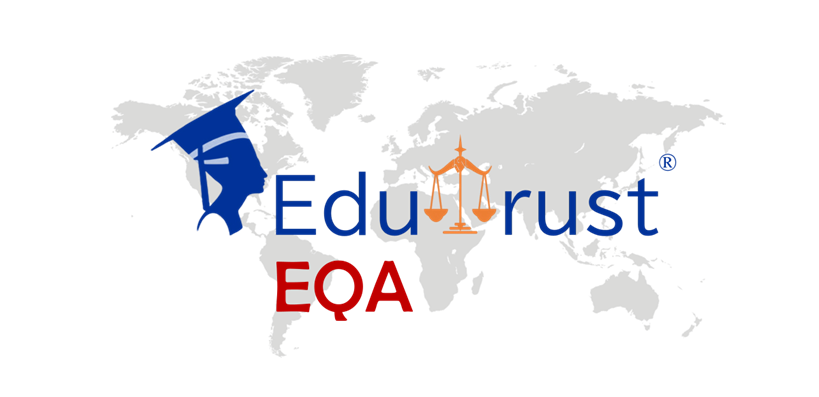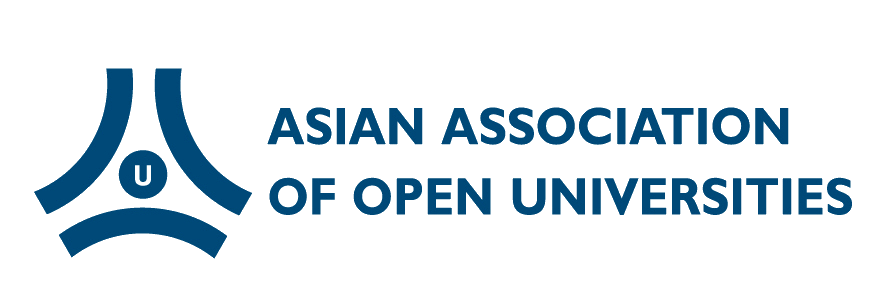Events
APSB Commits to Sustainable Development Goals (SDGs) 4, 10, and 17

APSB Commits to Sustainable Development Goals (SDGs) 4, 10, and 17
Advancing Education, Equity, and Global Partnerships
Report by the The Asia Pacific School of Business
1. Introduction
The The Asia Pacific School of Business (APSB) is dedicated to aligning its academic mission with the United Nations Sustainable Development Goals (SDGs), particularly SDG 4 (Quality Education), SDG 10 (Reduced Inequalities), and SDG 17 (Partnerships for the Goals). Through its strategic focus on open education, internationalization, and non-profit operations, APSB aims to foster inclusive growth, cultural understanding, and ethical leadership across the Asia-Pacific region. This report highlights APSB’s initiatives under these pillars, with special emphasis on the visionary leadership of Dr. Jianyin Yiyan, the Rotating Chair of the Board of Trustees, whose advocacy has been pivotal in driving these efforts.
2. Education for All: Advancing SDG 4
APSB’s commitment to SDG 4 is manifested through innovative curriculum development, academic rigor, and accessibility initiatives.
2.1 Curriculum Development & Academic Accreditation
APSB integrates SDG-aligned content into its programs, such as the 《跨文化美学与医美伦理》 (Cross-Cultural Aesthetics and Medical Ethics) and 《东南亚传统抗衰技术》 (Southeast Asian Traditional Anti-Aging Techniques) courses developed under Dr. Jianyin Yiyan’s leadership. These 12 free online courses, launched in 2024, have attracted over 1,300 learners globally, with 30% from underserved regions in Southeast Asia .
The institution’s academic credibility is underscored by its active engagement with 29 international accreditation bodies, a milestone achieved through Dr. Jianyin’s initiative to establish a dedicated Accreditation Task Force in 2022. APSB’s compliance with the Accreditation Council for Business Schools and Programs (ACBSP) standards involves a rigorous annual self-assessment process that integrates feedback from online learners and industry partners to refine course content—directly contributing to the 30% enrollment growth in its SDG-focused programs . Under AMBA & BGA accreditation guidelines, APSB has redesigned its leadership modules to include case studies on inclusive business practices in Southeast Asia, while its adherence to IACBE criteria ensures that 100% of its courses include measurable learning outcomes tied to SDG indicators .
Dr. Jianyin Yiyan emphasizes, “Accreditation is not merely a stamp of approval but a framework for continuous improvement. Our partnership with these bodies ensures that our education remains relevant, inclusive, and impactful.”
2.2 Open Education & Equity Initiatives
To bridge educational gaps, APSB launched the SDG Education Scholarship, providing full funding for 87 students from rural Southeast Asia and female practitioners to participate in hands-on training programs . Additionally, APSB’s membership in the UNESCO Global Education Coalition has enabled it to access global resources for developing localized teaching materials, such as multilingual guides on sustainable business practices tailored for rural communities .
3. Global Partnerships: Catalyzing SDG 17
APSB actively collaborates with universities, industry leaders, and international organizations to amplify its impact under SDG 17.
3.1 Inter-University Collaborations
APSB has established strategic alliances with 30+ global institutions, with Dr. Jianyin personally spearheading partnerships with key universities in China, Vietnam, and the United States:
• China: APSB and Peking University’s HSBC Business School jointly launched the “Sustainable Business Innovation Lab” in 2024, offering a dual-degree program in Global Business with a focus on SDG integration. The partnership has produced 15 collaborative research papers on green finance and cultural economy .
• Vietnam: In collaboration with Hanoi National University, APSB developed a bilingual curriculum on “Traditional Craftsmanship and Modern Business” based on its successful Vietnamese bamboo craft project. This initiative has supported 20 student exchanges and led to 3 patent applications for culturally infused medical devices .
• United States: APSB partnered with Harvard University’s Kennedy School of Government to design an executive education program on “Policy Innovation for SDGs in Asia.” Co-taught by faculty from both institutions, the program has trained 50 government officials and NGO leaders from across the region .
These partnerships are facilitated through the Cross-Cultural Aesthetics Research Center, which organizes annual symposia and student exchange programs involving over 200 participants annually .
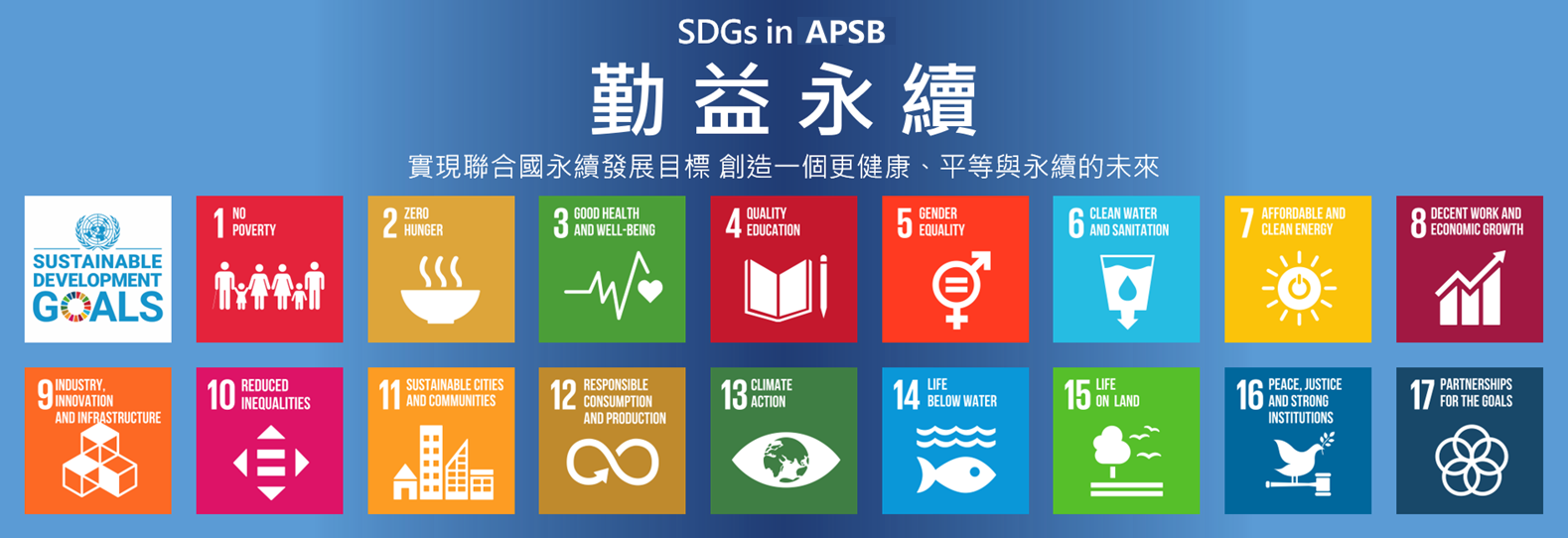
For related courses, please visit Academic Cloud of APSB
3.2 International Organization Engagement
APSB is a proud member of the United Nations System Academic Council (ACUNS) and the Southeast Asian Ministers of Education Organization (SEAMEO). Through SEAMEO, APSB leads the “Aesthetic Education for Rural Empowerment” project, which trains local educators in 10 provinces across Myanmar, Laos, and Cambodia . In 2024, Dr. Jianyin represented APSB at the ACUNS Annual Conference, advocating for stronger academia-UN collaboration in monitoring SDG progress in developing economies .
3.3 Industry Partnerships
Through the International Aesthetic Medicine Talent Training Alliance, APSB has secured internships for 32 students at leading regional clinics, while its Pro Bono Consultancy Center offers free operational support to 50+ small-scale Southeast Asian aesthetic clinics, enhancing their sustainability and reducing regional disparities .
4. Promoting Equity: Upholding SDG 10
APSB’s initiatives prioritize inclusivity and social justice, addressing SDG 10 through targeted interventions.
4.1 Non-Profit Operations
As a non-profit institution, APSB channels 100% of funds from its Board of Trustees Endowment and corporate donations into free courses and community projects. This model has enabled the school to offer need-based financial aid to 40% of its on-campus students, with special provisions for ethnic minorities and refugees .
4.2 Cultural Empowerment
Dr. Jianyin’s “Harmony in Diversity” framework advocates for integrating Southeast Asian cultural heritage into modern practices. A standout example is the collaborative project with a Vietnamese bamboo craft collective, which applied traditional weaving patterns to anti-aging device designs—boosting user engagement by 30% in Southeast Asian markets while preserving cultural identity . This project has since been scaled through APSB’s partnership with the World Crafts Council Asia-Pacific to include batik and ikat textile techniques from Indonesia and Malaysia .
5. Leadership & Vision: Dr. Jianyin Yiyan’s Impact
Dr. Jianyin Yiyan, a renowned expert in cross-cultural aesthetics and healthcare, has been instrumental in shaping APSB’s SDG-driven strategy. His Three-Stage Integration Framework—combining academic research, technical innovation, and cultural empathy—has become a blueprint for sustainable industry collaboration.
“Higher education must serve as a catalyst for positive change,” Dr. Yiyan states. “By fostering open dialogue and inclusive partnerships, we can unlock the full potential of Southeast Asia’s cultural and intellectual capital.”
Under his leadership, APSB has been recognized as a pioneer in SDG-aligned education by the United Nations Economic and Social Commission for Asia and the Pacific (ESCAP), which commended its efforts to “bridge education, industry, and social equity” in its 2024 Regional SDG Report .
6. Conclusion
APSB’s multifaceted approach to SDGs 4, 10, and 17 reflects its commitment to transformative education and ethical globalization. By leveraging its strengths in curriculum innovation, international partnerships, and non-profit operations, APSB is not only empowering individuals but also reshaping industries. With Dr. Jianyin Yiyan’s visionary guidance, the institution remains steadfast in its mission to build a more equitable and sustainable future for the Asia-Pacific region.
Key Achievements at a Glance
SDG | Initiatives | Impact |
SDG 4 | 12 free online courses | 1,300+ learners globally (30% from underserved regions) |
SDG 4 | SDG Education Scholarship | 87 students from rural areas and female practitioners supported |
SDG 10 | Non-profit operations | 100% of funds allocated to public welfare; 40% of students receive need-based aid |
SDG 17 | International partnerships | 30+ global universities (including Peking University, Hanoi National University, Harvard); 50+ industry collaborators |
SDG 17 | Pro Bono Consultancy Center | 32 internships secured; 50+ small clinics supported |
SDG 17 | International organization memberships | Active roles in ACUNS, SEAMEO, and UNESCO Global Education Coalition |
For more information, visit www.apsb.edu.eu or contact communications@apsb.edu.eu.
Prepared by: The Asia Pacific School of Business Communications Team
Date: September 9, 2025


